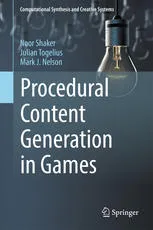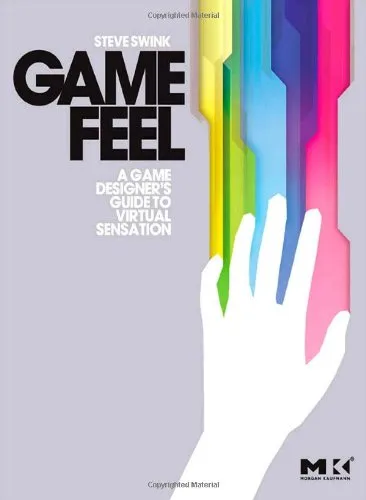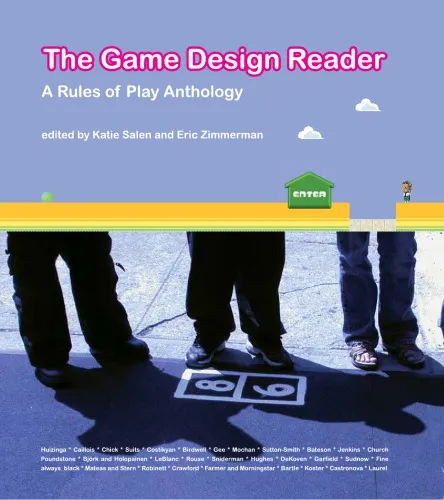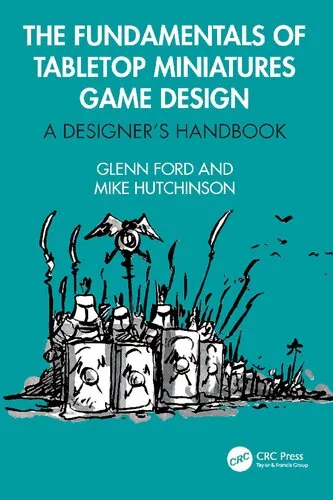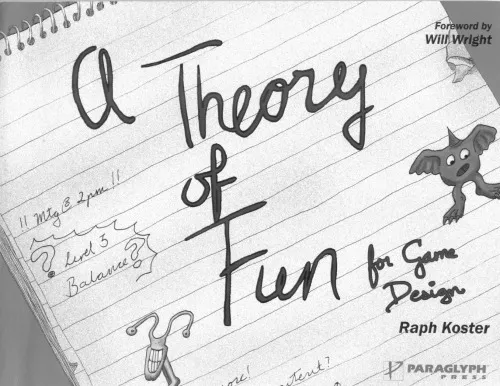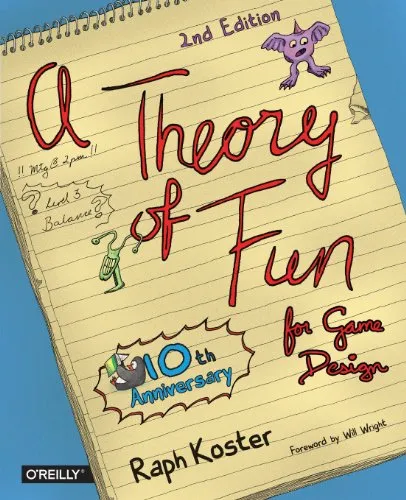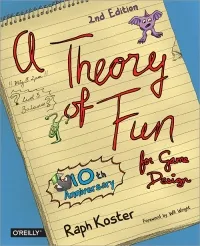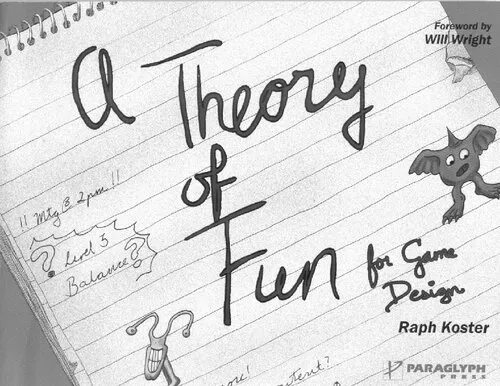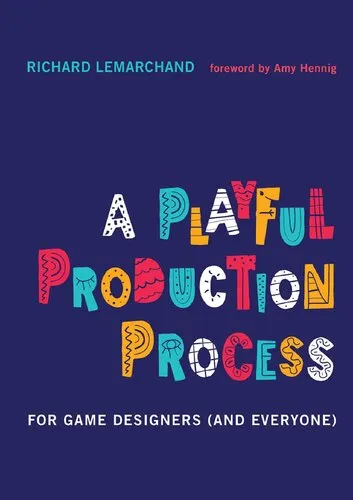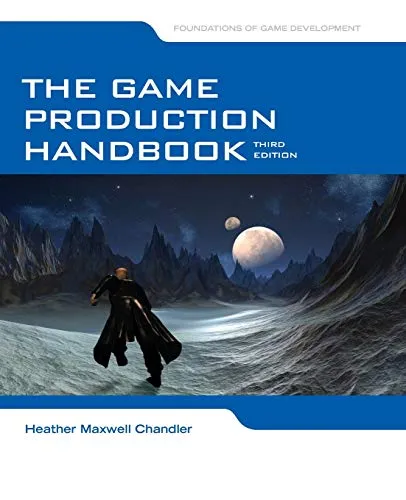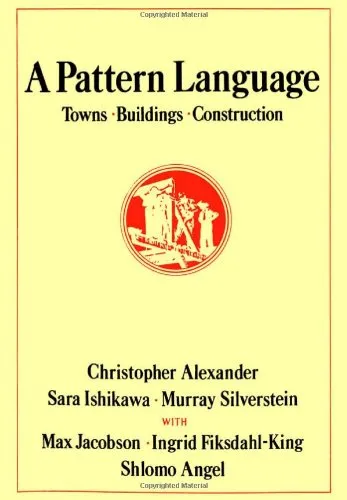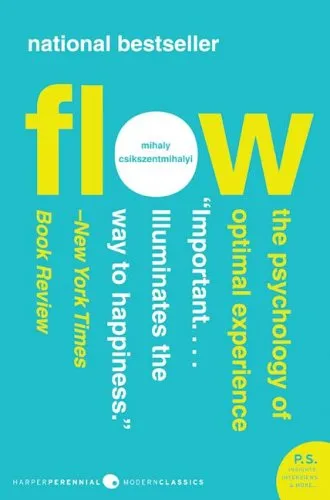Procedural Content Generation in Games
4.5
Reviews from our users

You Can Ask your questions from this book's AI after Login
Each download or ask from book AI costs 2 points. To earn more free points, please visit the Points Guide Page and complete some valuable actions.Related Refrences:
Introduction to Procedural Content Generation in Games
Video games have always been a rich tapestry of creativity, blending art, storytelling, and technology. As the gaming world continues to evolve, one innovation that stands out is Procedural Content Generation (PCG). "Procedural Content Generation in Games" by Noor Shaker, Julian Togelius, and Mark J. Nelson delves deep into this fascinating subject. This book is an essential read for anyone passionate about how video games can be dynamically and creatively crafted through algorithms.
Detailed Summary of the Book
Procedural Content Generation (PCG) refers to the algorithms used to generate game content dynamically, as opposed to manually crafting each element. This book provides an exhaustive exploration into different PCG techniques, encompassing the generation of levels, graphics, stories, items, and characters within games.
The authors start with the fundamentals of PCG, introducing basic concepts and terminologies. As the chapters progress, they delve deeper into more complex algorithms and methodologies, including search-based PCG, constraint-based techniques, and a myriad of other approaches to automated content creation. The book does not shy away from the complexities inherent in these systems, instead embracing them to give readers a comprehensive understanding.
Each section of the book provides not only theoretical knowledge but also practical implications, allowing game developers to apply these principles in real-world scenarios. Moreover, the authors discuss the potential and limitations of PCG, encouraging a critical examination of its role in both current and future gaming landscapes.
Key Takeaways
- Understanding the core principles and algorithms of Procedural Content Generation.
- Insights into how PCG can enhance creativity in game design by introducing variability and replayability.
- Practical examples and case studies showcasing successful implementations of PCG in popular games.
- A critical evaluation of the limitations and challenges faced in PCG, equipping developers to better harness its potential.
Famous Quotes from the Book
"Procedural content generation embodies the intersection between the deterministic logic of a computer and the unpredictable nature of creativity."
"By embracing procedural generation, we unleash a new era of possibilities where games adapt and grow with every iteration."
Why This Book Matters
The importance of "Procedural Content Generation in Games" lies in its ability to demystify one of the most potent tools available to modern game developers. It shows how shifting some aspects of game design from human creators to algorithms can lead to more dynamic game worlds, providing players with unique experiences every time they play.
In an industry that craves novelty and innovation, understanding how to effectively leverage PCG is invaluable. This book opens up a dialogue about the future of game design and development, highlighting the transformative impact of procedural systems. For educators, researchers, and developers alike, the knowledge encapsulated in these pages serves as a cornerstone for advancing the creative boundaries of games.
Free Direct Download
You Can Download this book after Login
Accessing books through legal platforms and public libraries not only supports the rights of authors and publishers but also contributes to the sustainability of reading culture. Before downloading, please take a moment to consider these options.
Find this book on other platforms:
WorldCat helps you find books in libraries worldwide.
See ratings, reviews, and discussions on Goodreads.
Find and buy rare or used books on AbeBooks.
1605
بازدید4.5
امتیاز0
نظر98%
رضایتReviews:
4.5
Based on 0 users review
Questions & Answers
Ask questions about this book or help others by answering
No questions yet. Be the first to ask!
